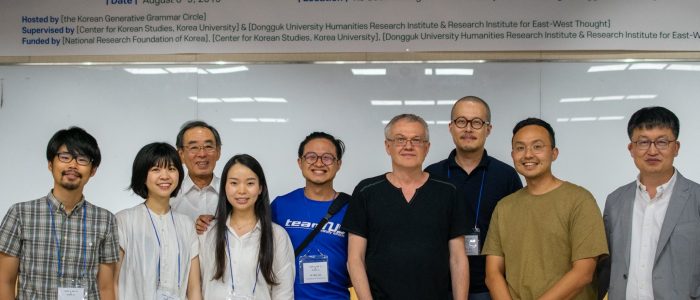 GLOW in Asia 2019
GLOW in Asia 2019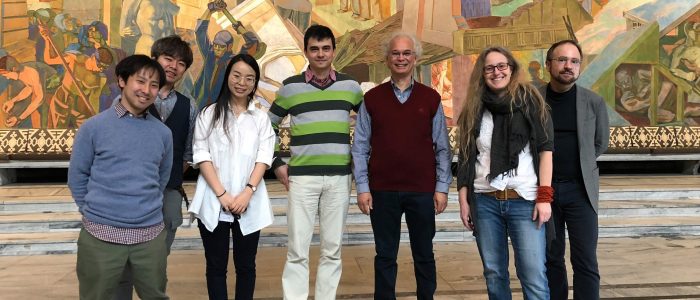 GLOW 42
GLOW 42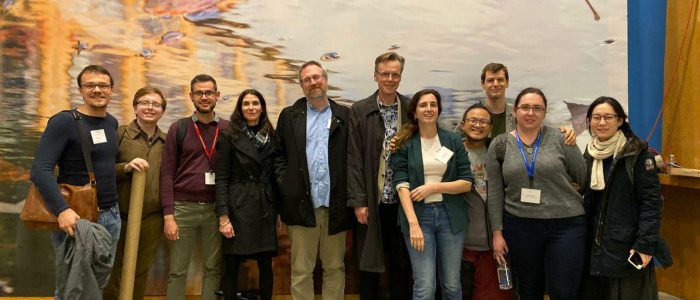 UConn Linguists at NELS 50
UConn Linguists at NELS 50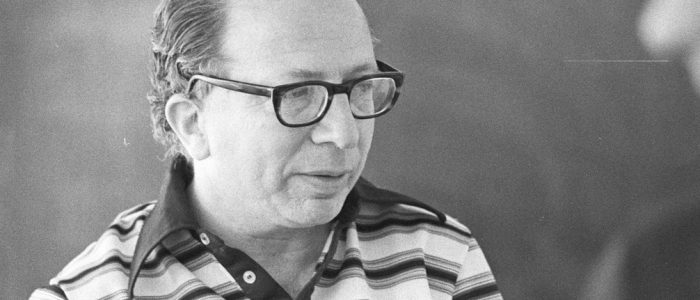 Arthur S. Abramson, 1925-2017, Founding Department Head
Arthur S. Abramson, 1925-2017, Founding Department Head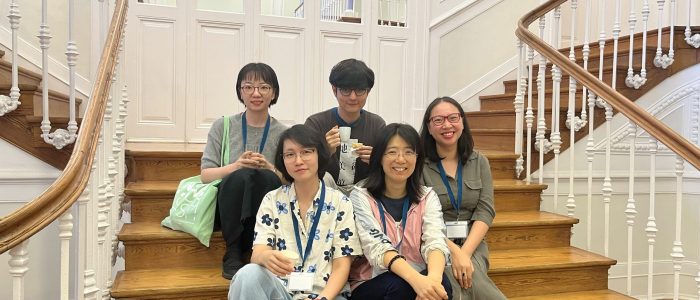 GALA 16, 2024
GALA 16, 2024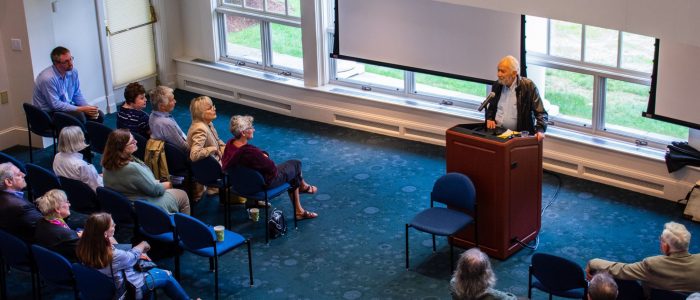 David Michaels speaking at Fifty Years of Linguistics at UConn
David Michaels speaking at Fifty Years of Linguistics at UConn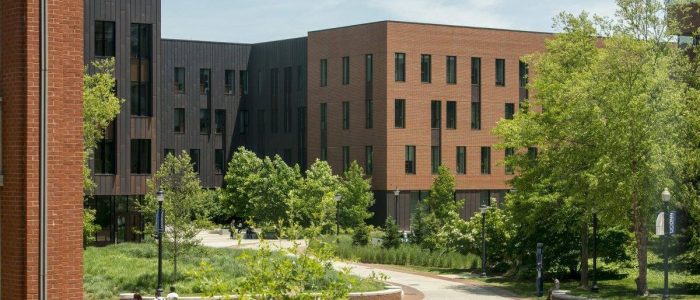 Herbst Hall
Herbst Hall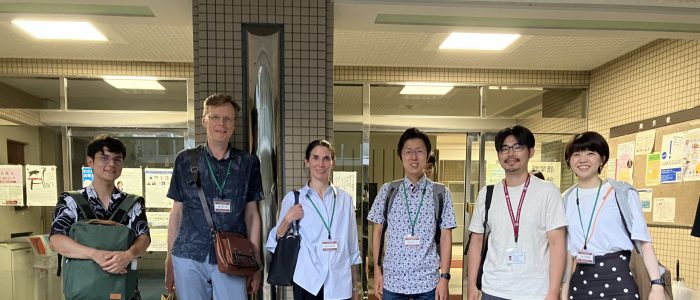 2023 Tokyo Workshop on Computational and Theoretical Semantics
2023 Tokyo Workshop on Computational and Theoretical Semantics
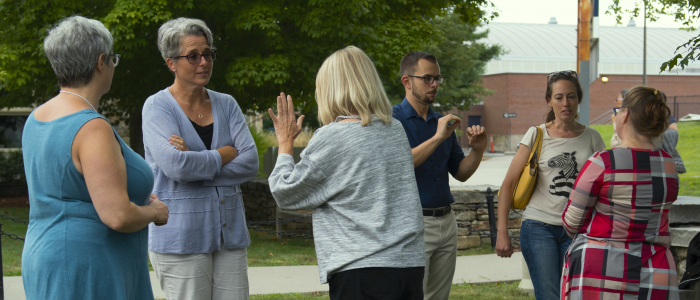
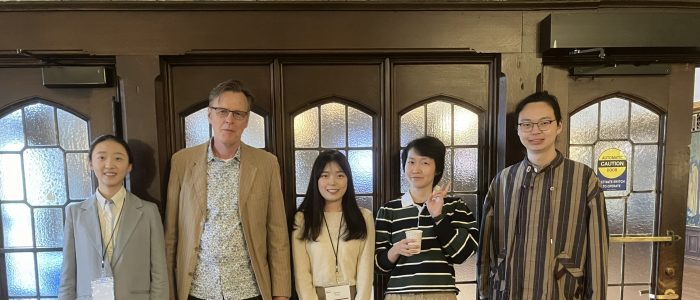 Chicago Linguistic Society 2024
Chicago Linguistic Society 2024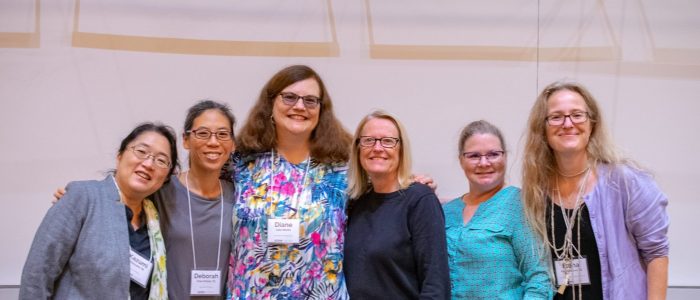 American Sign Language involved faculty and alumni at Fifty Years of Linguistics at UConn.
American Sign Language involved faculty and alumni at Fifty Years of Linguistics at UConn.
News
- UConn Linguistics at JKThe 32nd Japanese/Korean Linguistics Conference, organized by Cornell University, took place on June 13-15, 2025. UConn was represented at the conference with talks by: Qiushi Chen. On the dual status of -e- in Old Japanese verbal morphology Xuetong Yuan (PhD 2024, now at University of Chicago). Evaluativity and practicality in conditionals: the case of tewaPosted on June 23, 2025
- Laszakovits DefenseSabine Laszakovits successfully defended her doctoral dissertation titled On the fundamental difference between dependent-up and dependent-down cases, and on their manifestation in Turkic on June 17th. Congratulations, Sabine! Sabine defending “in front of” most of her committee: Dr. Laszakovits with the committee and audience after the successful defense:Posted on June 22, 2025
- Gan DefenseLinghui ‘Eva’ Gan successfully defended her doctoral dissertation titled Information Structure of the Clause-Final Position in Hong Kong Sign Language on May 14th. Congratulations, Eva! Eva defending: Dr. Gan with her well-earned cake: Dr. Gan with her committee:Posted on June 20, 2025
The Department of Linguistics at the University of Connecticut is a leading center for linguistics research with data from a large number of spoken and signed languages, focusing on theoretical research in generative grammar, and experimental research on child language acquisition.
Herbst Hall, Room 368
365 Fairfield Way, Unit 1145
Storrs, CT 06269-1145
Telephone: (860) 486-4229
Email: linguistics@uconn.edu
https://events.uconn.edu/live/json/v2/events/response_fields/location,summary/date_format/%25F%20%25j,%20%25Y/group/Linguistics Department/max/4/start_date/today/end_date/6 months/